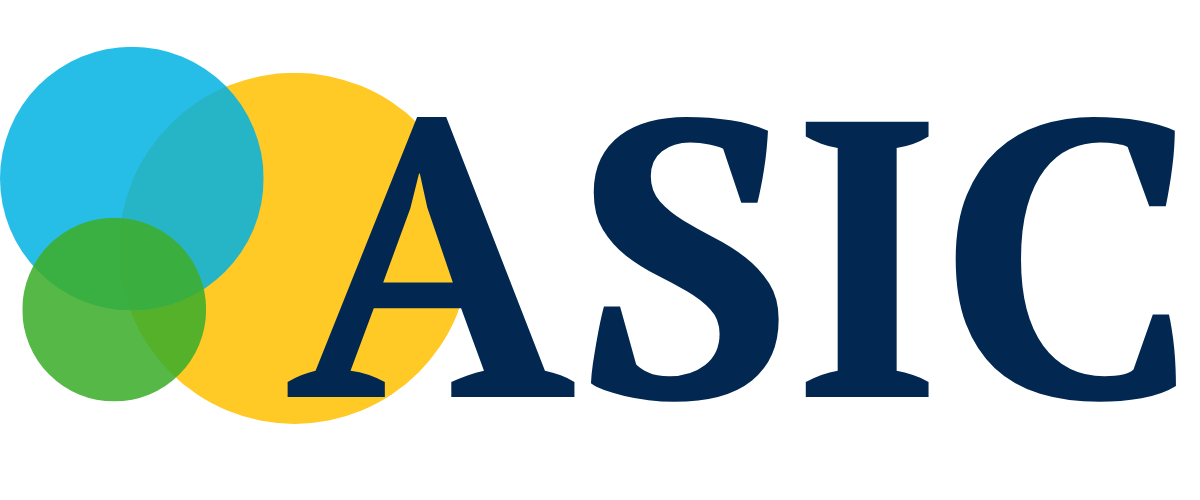Measuring public opinion and knowledge of air pollution to develop community specific communication strategies
Presented by: Brianne Suldovsky, Portland State University
Summary: The availability and demand for localized air quality information from communities is on the rise. However, not all information and not all communities are the same. City of Portland Bureau of Planning and Sustainability teamed up with Portland State University Communications researchers to take a step back from deploying sensors to first better understand what different communities want out of air quality information. Effective engagement and communication strategies will depend on a community’s existing knowledge, opinion about air quality, experiences with inequities, and more. This study measures public opinion surrounding air pollution in Portland, Oregon. Specifically, we examine the extent to which the Portland public prioritizes air pollution as an environmental issue, whether they believe that science and technology will solve the air pollution problem, their level of air pollution knowledge, and their air pollution risk perceptions. We also assess their relative support for air quality sensors (including traditional monitoring methods versus emerging methods) and examine the best mechanisms for communicating air quality information. The goal of this work is to better support air quality communicators and municipalities making decisions surrounding air quality measurements. Study results will be used to inform engagement strategies, existing and future sensor deployments and sensor data sharing strategies.
